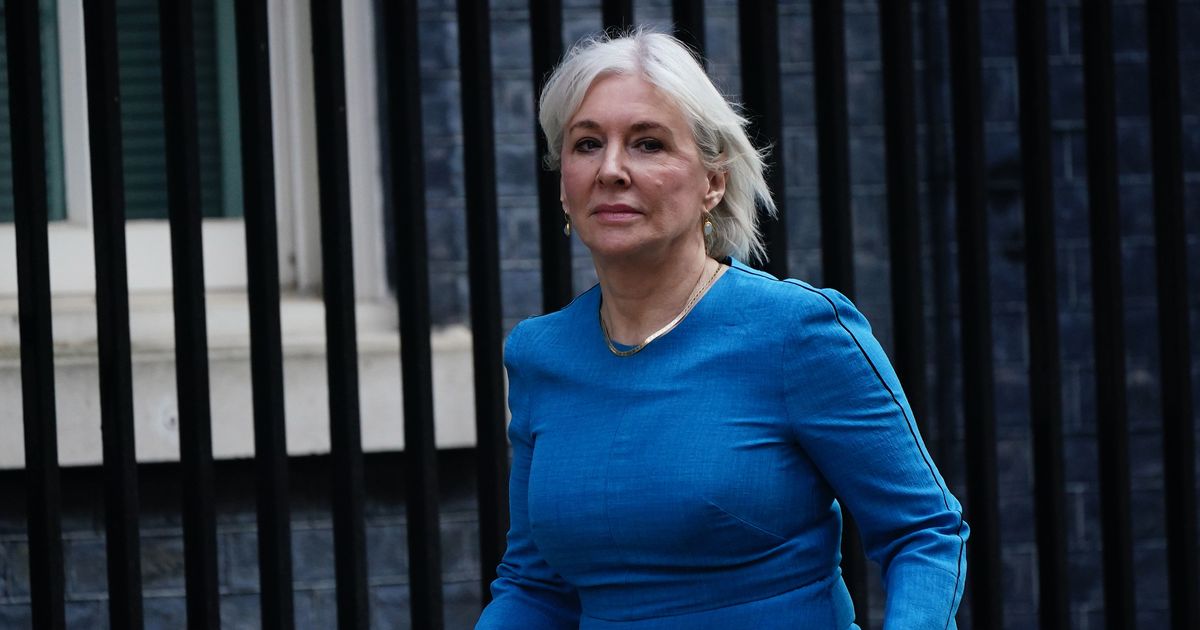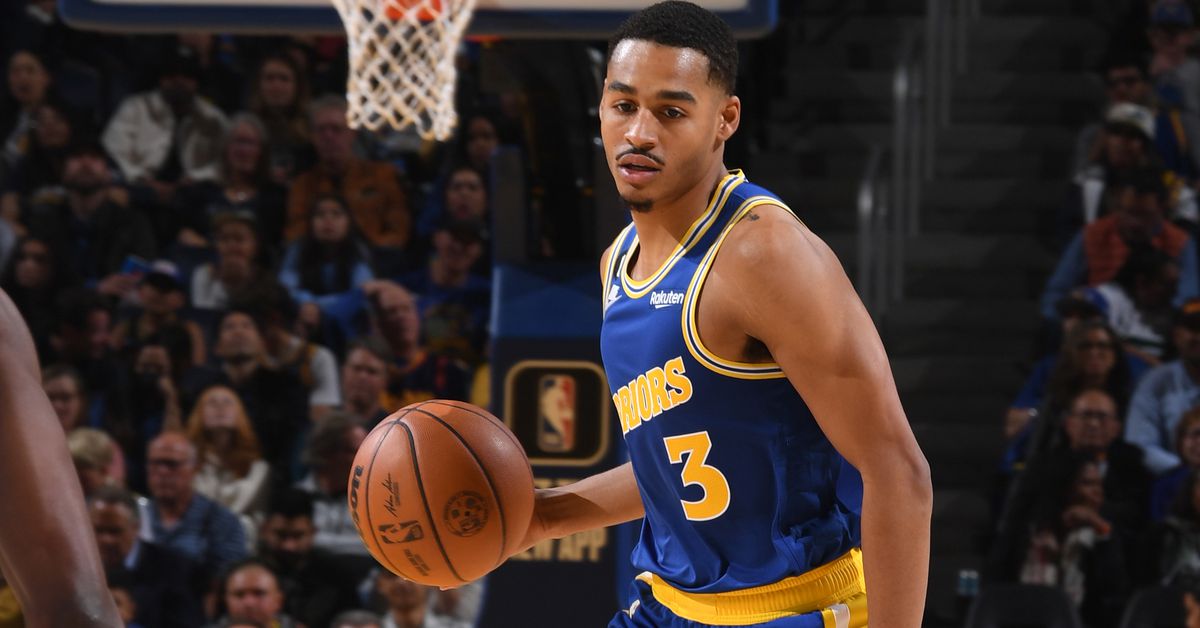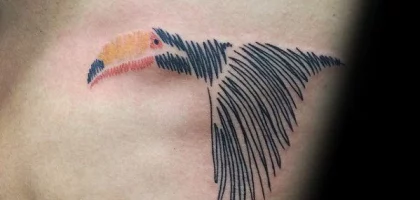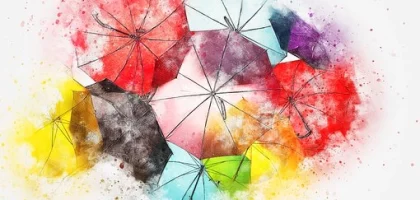Villano Antillano takes a sip of her margarita and beams on a tranquil day in Santurce, Puerto Rico. It’s delicious! She chuckles as the San Juan Smokehouse is illuminated by a sky filled with pink and purple cotton candy clouds.
One of the most captivating MCs in Spanish-language rap right now is 27-year-old Antillano, who made notable cameos on Argentine producer Bizarrap’s well-known Bad Bunny’s Un Verano Sin Titour at the Coliseo de Puerto Rico and caused a stir all over the island.
She is a prolific songwriter and a trendsetter who has used her personal struggles to create a distinctive style with witty punchlines and seductiveness that draws in her audience. She is also the first well-known transgender star in Latin music.
The Latino movement is currently at its height, with musicians like Bad Bunny shattering records for worldwide streaming previously held by icons like Drake, and international tours selling out in a matter of minutes. The road to get here hasn’t always been smooth; pop music genres that were formerly used as tools of resistance but have since come under relentless attack from racism have found strength in this. Finding success required Antillano to forge her own revolutionary path.
Antillano was raised in Bayamon, a San Juan neighborhood, with two devoted but strict and traditional parents and four beloved siblings. Her teenage years were the ideal mix for someone who loved salsa and rock music and wanted to revolutionize the Latin music scene through rap. As Coquis sings softly in the background during the golden hour, Antillanos’s eyes sparkle as she describes what transpired next: “I was 17 when I was expelled from the house.”
She didn’t come to accept who she truly is until a few years later, after beginning an underground music career. She recalls an early EP, Tirania, that she published as a male-presenting artist with blond hair, tremendous swag, and a bold gay identity. She later realized that the person she was releasing “music” as wasn’t actually her entire, authentic self. I feel like I didn’t really get who I was as a musician until I realized who I was as a woman. That process of stepping into my femininity was hard. Very ominous. Many people are aware that there is no other option. It was a challenging position for a creative whose work is heavily influenced by personal events, giving rise to the star persona that millions of fans have subsequently come to adore.
La Villana claims that part of what helped her find herself was engaging in sex work. I was able to connect with who I am because to that event, she claims. The profession can be empowering, but it also has its share of difficulties, many of which are perilous. Nevertheless, it remains a crucial component of many people’s life, and Antillano claims that it most frequently gave her security and self-reliance.
Machismo, homophobia, and racism have a long history in the Latin rap and reggaeton cultures. In recent years, there has been demand to hold artists responsible for their socially responsible behavior—or lack thereof. However, Antillano has succeeded where no one else has before. I’m doing music despite the fact that I could get killed for it, but you know what? She says as she sits up. We must be ebullient and towering.
These are strong remarks coming from a strong woman. Antillano continues by saying how much she values the help she has received from cisgender women, calling them “the best.” The gworlz have been truly there for me. Given what she has endured, it is a wonderful sensation.
She continues, “I have faith that if we are pushed down, someone else will come after us. We are strong and we won’t be defeated.















